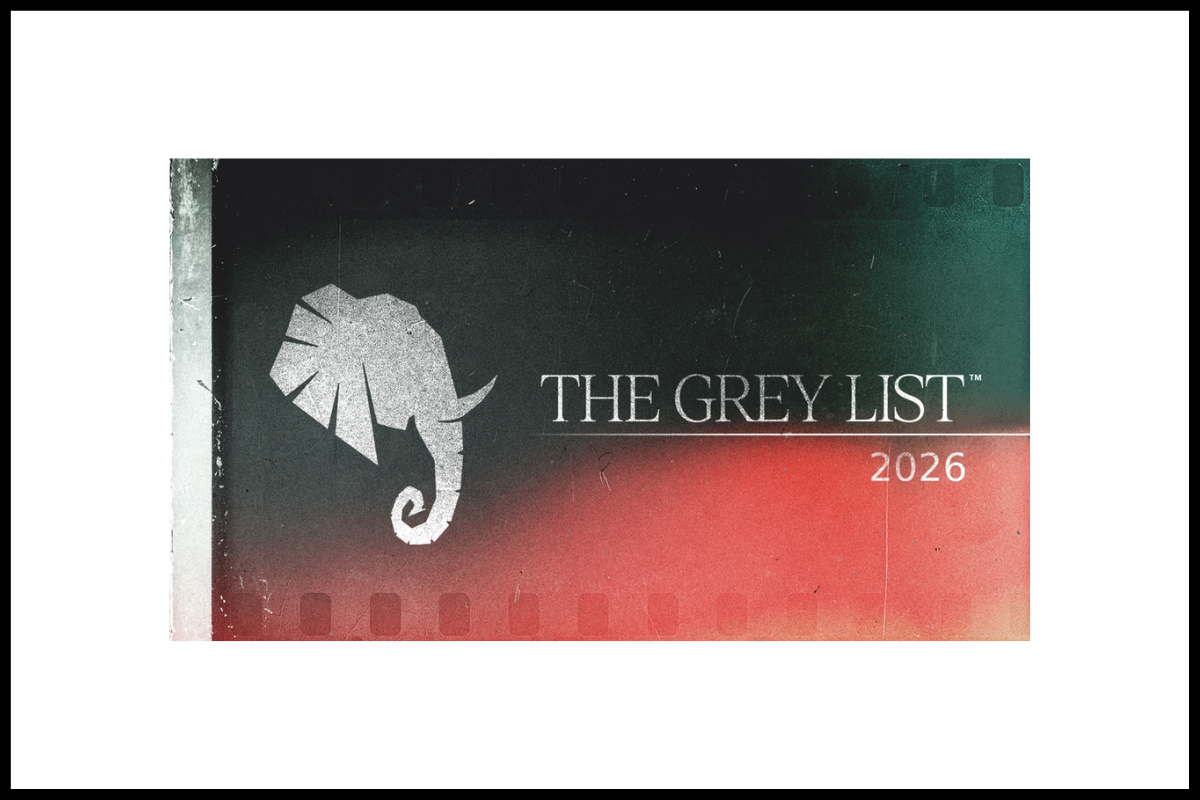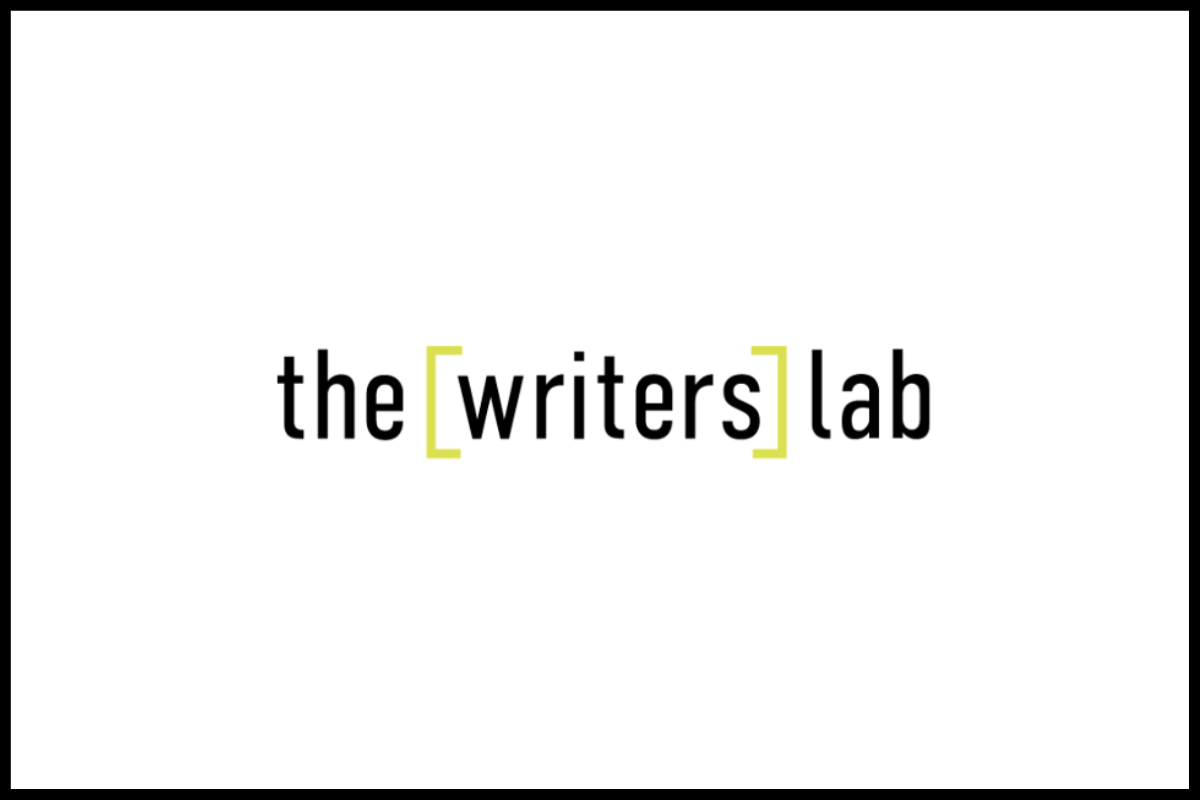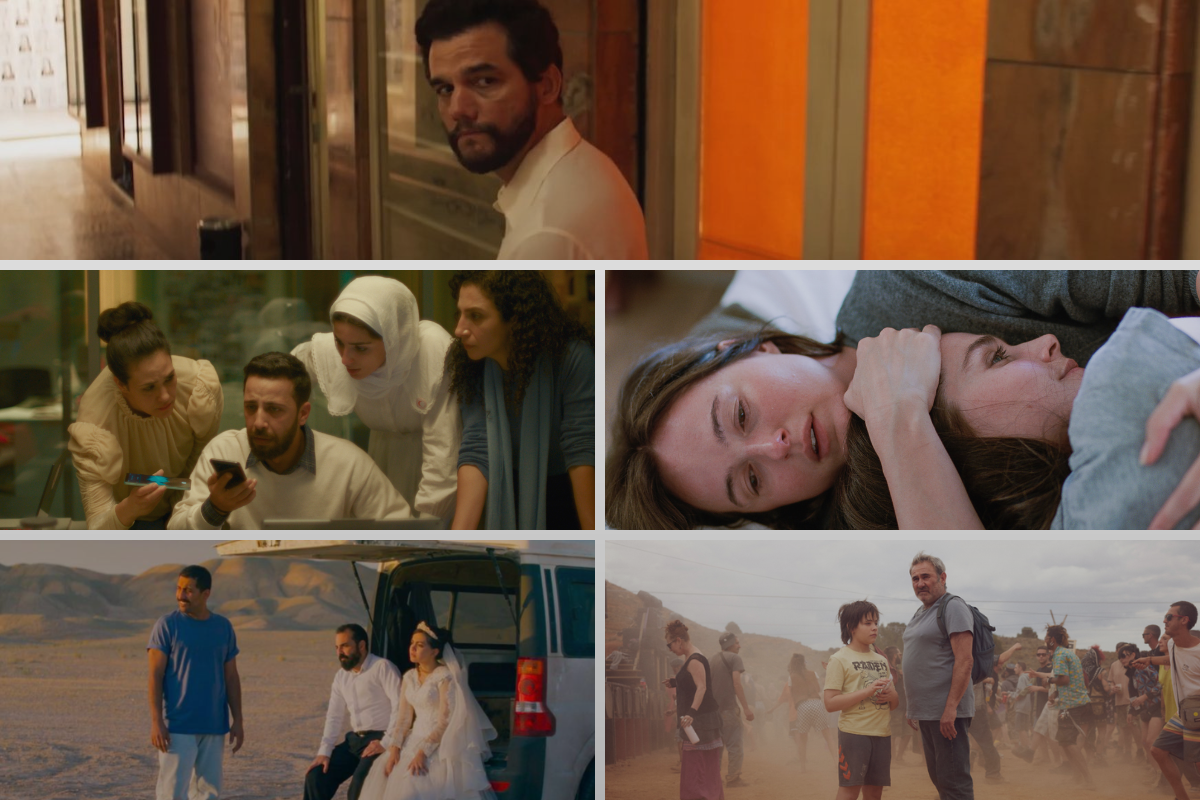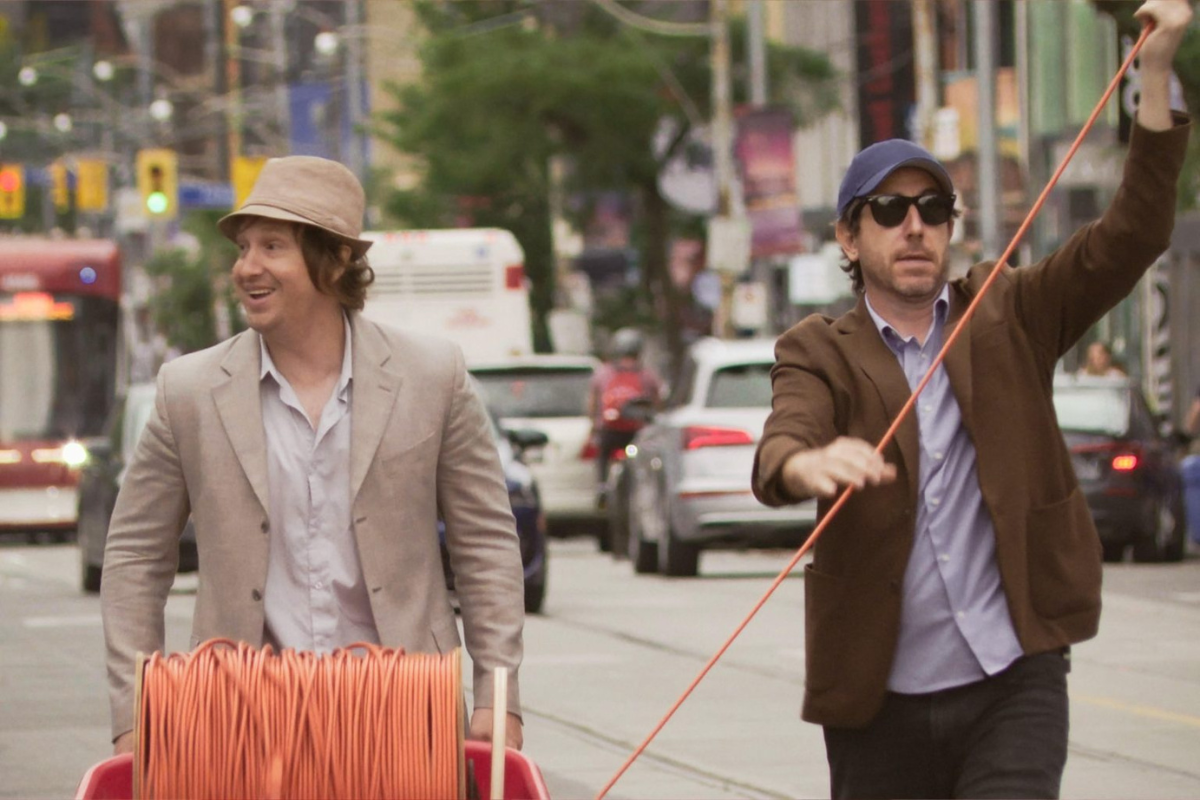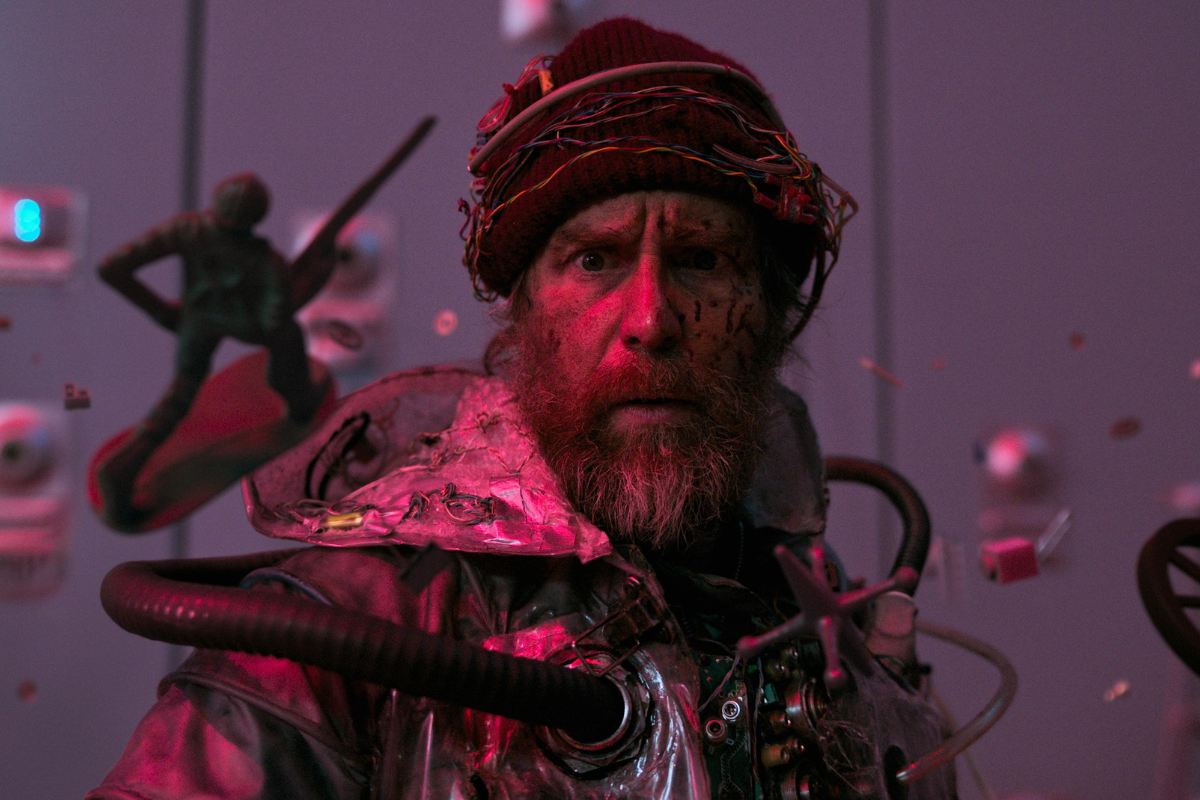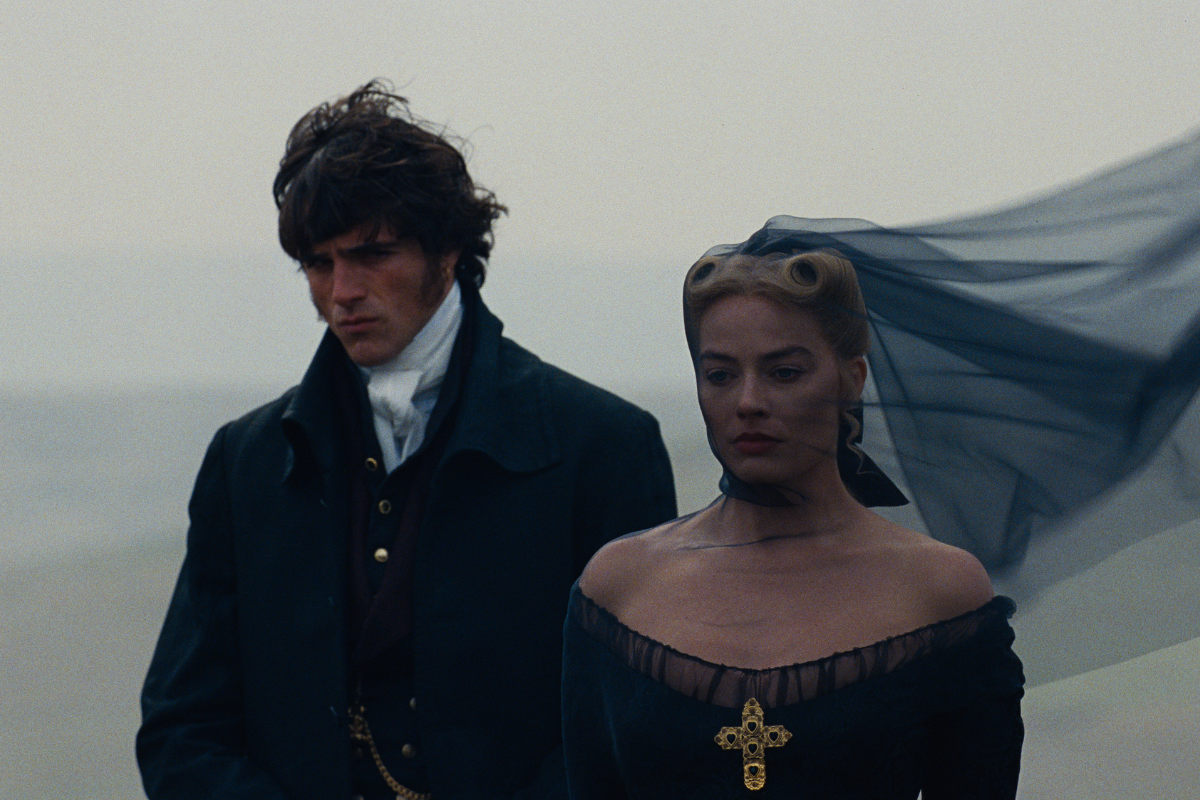Recap: 2010 New York Film Festival
Sheila Kogan recaps her experience and reviews a few of the films from this year’s New York Film Festival at Lincoln Center.
2010 marks the 48th year of the New York Film Festival. Since 1969, it has introduced American audiences to European films and to filmmakers who don’t follow the Hollywood paradigm. The films have been creative and thought-provoking, either in ideas or techniques -- but some of them have been so intellectually cerebral that some general moviegoers have found them incomprehensible. Although this festival has its passionate followers, this year the choices seem to be including more mainstream films: the opening night was The Social Network and closing night was Clint Eastwood’s Hereafter. It is unlikely that we’ll be seeing films like Iron Man at Lincoln Center, but there is clearly a change in the air.
*NOTE: The Film Society of Lincoln Center presents film programs all year long. Go to filmlinc.com and check it out!
OPENING NIGHT: THE SOCIAL NETWORK
The highly anticipated film The Social Network, written by Aaron Sorkin and directed by David Fincher, opened the 2010 New York Film Festival.
The film starts, bang, in the midst of one of those conversations for which Sorkin is famous -- fast-paced, snappy, showing off smartly clever oneupsmanship. Immediately, we understand that the main character, Mark Zuckerberg (Jesse Eisenberg) is being dumped by a young woman (Rooney Mara) who is perhaps as smart as he is. Stung, he takes his revenge. In a fury, he blogs his insults, and then goes further. Being a brilliant computer programmer, he builds on an existing college website and creates a more complex one in which he compares the women of Harvard and invites votes to choose how “hot” they are. The result is that he’s brought up on charges ranging from indecency to invasion of privacy. But that just fuels his fire, and he goes further to create what eventually becomes Facebook, and in the process becomes the youngest billionaire in the world (according to the end titles).
Most of the film deals with the different viewpoints raised in the legal actions against Zuckerberg. Described by Sorkin as a kind of Rashomon, the audience has to decide for itself the truth of the situation.
There is so much to admire in this movie. First, of course, there’s the brilliant dialogue of Sorkin, one of the few screenwriters whose name is known by general audiences. Then, there’s the work of David Fincher. He creates a believable world of college dorms, wild parties, hazing and sophomoric behavior, giving it all a casual sense of reality and matching the pace of Sorkin’s writing. In the press conference, he mentioned that the studio wanted to cut down the script because it had too many pages, but in a true-to-style, brisk reading, they came in under two hours, so pages were saved from the chopping block. (A lesson: just make sure your script is under the 120-page count.)
Most of all, Fincher has gotten first-rate performances from all the young actors, some of whom are on the brink of stardom. Jesse Eisenberg has developed a solid reputation in indies for his awkward intelligence, but he adds a layer of enigmatic interest here. Rooney Mara has been cast as Lisabeth Salander, The Girl with the Dragon Tattoo -- surely the most sought-after female lead since Scarlett O’Hara in Gone with the Wind. Andrew Garfield, who plays Eduardo Savarin, will be Peter Parker in the upcoming Spider-Man movie. Armie Hammer, who convincingly plays both Winklevoss twins, will be easy to cast in any role requiring a Hollywood leading man-type. And Justin Timberlake practically steals every scene he’s in, a charming Pied Piper with undertones of Machiavelli. All these actors can fire off their Sorkin lines trippingly on the tongue, so that they can no doubt recite Shakespeare easily now.
One wonders about Zuckerberg: Did he have Asperberger’s Syndrome? Was he naïve, or calculating? Was he a condescending sonofabitch, or a loner within his superior intellect because he was always the smartest guy in the room? Whatever you decide about the character of Zuckerberg portrayed here, it is clear that he kept an emotional distance, and so does the film. I never felt engaged emotionally. Still, the film is so articulate, it’s worth your attention.
(Note: To see the press conference with Aaron Sorkin, David Fincher, Jesse Eisenberg, Andrew Garfield and Justin Timberlake, go to the New York Film Festival’s website, filmlinc.com or find it on YouTube.)
CENTERPIECE: THE TEMPEST
Julie Taymor adapted and directed this film version of the Shakespeare play. Having directed it several times for the stage, she was familiar enough with the material to edit it down from four hours. (Hey, she gets a Screenplay By credit.) Shakespeare’s plays are so steeped in universal themes that they can be tweaked and manipulated without losing their power, but the most striking difference here is that Taymor has changed the main character from a man to a woman. When asked if her choice was a feminist, political statement, Taymor emphatically said, “No, I just wanted to work with Helen Mirren!” And Mirren brings magic to the screen. In fact, she plays a sorceress, now named Prospera instead of Prospero. The gender switch isn’t a gimmick. It makes complete sense while bringing a different dynamic to the drama. And, once again, Mirren proves that she’s one of the most compelling actresses of our time.
The Tempest is Shakespeare and so be prepared to pay attention to the language, but it’s a film and not a recording of a drama onstage. A sense of the theatrical shows itself in a number of ways: the astonishing locations on the volcanic Hawaiian island of Lanai--otherworldly and surreal, yet real and natural; the duality of the character design of Caliban played by Djimon Hounsou, and in the costumes, which suggest Elizabethan fashion while being contemporary. The cast is impressive: Russell Brand, Alfred Molina, Chris Cooper, David Strathairn, Alan Cumming, Tom Conti, Ben Whishaw, Felicity Jones, and Reeve Carney.
CLOSING NIGHT: HEREAFTER
After a heart-thumping, realistic recreation of the tsunami, this film turns into a tepid braid of three stories dealing with attempts to answer questions about life after death. The script by Peter Morgan lacks the drama of his previous films, which gave vigorous life to difficult subject matter (The Queen, Frost/Nixon).
Clint Eastwood’s direction, as always, displays his craftsmanship, and I also particularly liked the gentle guitar music that he composed for the score. The actors, like Matt Damon and the French Cecile de France, do a fine job. But the film rambles on and on and then gets tied up neatly and obviously. Sorry to say that this is a disappointment, especially as I’m interested in the subject.
OTHER FILMS:
ANOTHER YEAR
This is another film by Mike Leigh in which he collaborates with actors, through improvisation, to develop a script. The result is a touching story of the everyday lives of some educated, British, middle-class folks. A surprising laugh, a painfully sad moment, little touches that incrementally add up to an intimate sense that you are keeping up with the events of your closest friends. I thought it was a compliment when told that it felt that the film could go “on and on,” but that seemed to offend Mr. Leigh, who declared that there was a definite beginning, middle and end, and that the film began and ended “where it was supposed to.” Leigh said that he “wouldn’t know how to sit down at a word processor” and create a script from nothing, but he takes the hours of improvisation and organizes the material into an actual, written script. The reality that he creates onscreen with his group of superior actors (led by Jim Broadbent) is very moving. How can you argue with that?
LENNON NYC
This documentary by Michael Epstein gives a sense of John Lennon, the man -- the joys, the difficulties and the political fall-out during the time he lived in New York City. Well-paced and interesting, it is full of new information, film and audio of Lennon that we haven’t seen before, and candid interviews with Yoko Ono and members of his pick-up band. Produced with PBS, it will be broadcast on TV. Check your local listings.
LETTER TO ELIA
This is Martin Scorsese’s very personal, heart-felt, and nostalgic tribute to Elia Kazan. Great film clips. There are few films today with the literary and emotional heft of Kazan at his best. The one-hour documentary will be shown on PBS.
I couldn’t see all the films, but based on comments around me, I suggest that some of the interesting films were Inside Job, Uncle Boonmee Who Can Recall His Past Lives, Meek’s Cutoff and Poetry.


